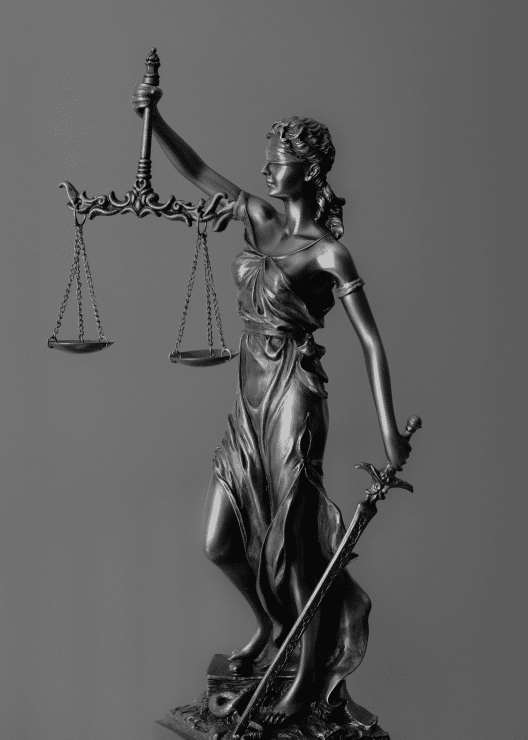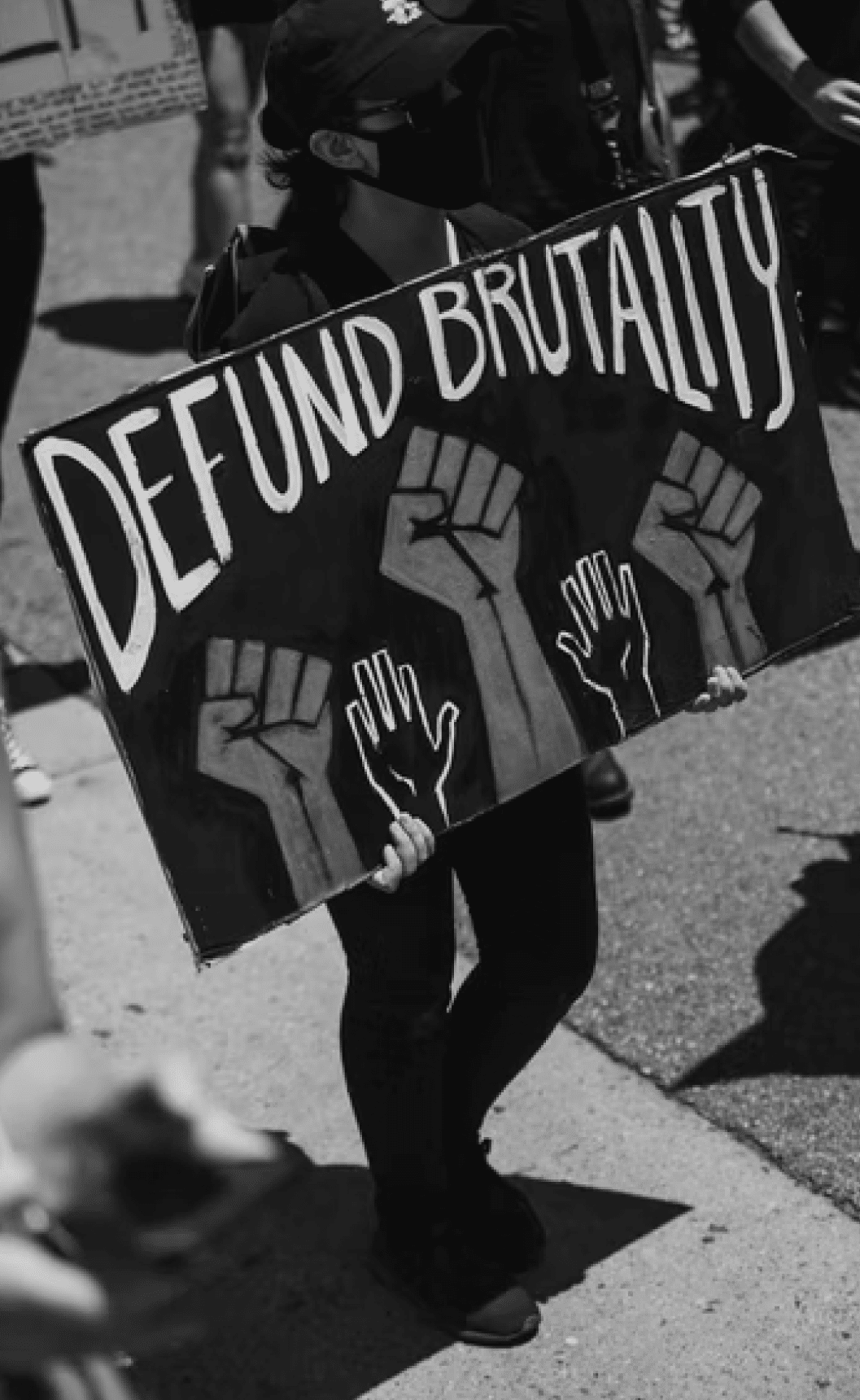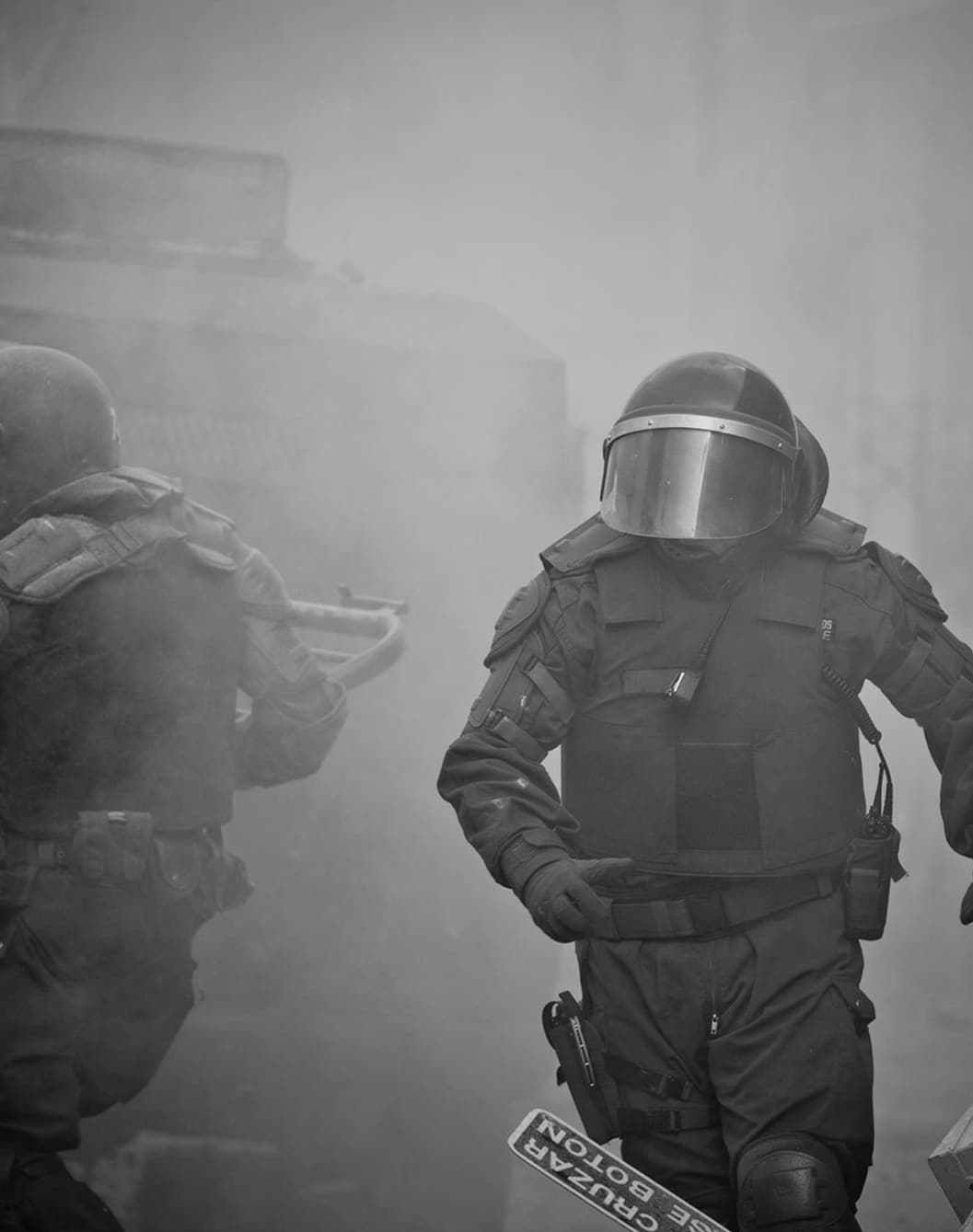Civil Rights Lawyers
Were you or a loved one a victim of police brutality?
Attorneys that work with Police Brutality Center may be able to assist you.
"*" indicates required fields
Content Last Updated: March 3, 2025
Civil rights lawyers are responsible for ensuring that justice is served to anyone who has had their civil rights or liberties violated in any shape or form. They handle cases that range from police brutality to false arrests and unlawful searches. With civil rights lawyers working to uphold the law, individuals are able to live freely and maintain their safety and quality of life.
Civil rights are basic protections granted to every U.S. citizen under American law, including protections from discrimination based on religion, gender, age, skin color, nationality or disability. Our civil liberties are granted to us by the U.S. Constitution and give us the right to privacy, religion, free speech, assembly, fair trial and freedom of thought in our daily lives.
This guide will discuss what civil rights lawyers do on a daily basis, their role as it pertains to civil rights laws, signs you may need a civil rights lawyer and common civil rights violations.
The Role of Civil Rights Attorneys
Whenever an individual encounters discrimination, hardship or the denial of opportunities due to unfair actions, perceptions or practices by police departments, hate groups, politicians or discriminatory organizations, it is the job of civil rights lawyers to step in and fight for justice.
Civil rights attorneys stand up to the discriminatory or hateful party and fight on behalf of the individuals being discriminated against. In essence, civil rights lawyers are advocates for human rights, social justice and racial equality as they are guaranteed by U.S. legislation.
Civil rights attorneys are involved in discrimination cases related to age, race, national origin, religion, sex and color. Additionally, they are frequently involved in protecting the rights of individuals residing in government-run nursing facilities or prisons.
When an individual faces voting rights issues, problems related to equal pay or employment discrimination, it is up to the civil rights attorney to work toward justice and a successful resolution in a court of law.
The issue of police brutality has received increased attention in recent years, sparking a social movement that has created numerous advocacy groups for affected individuals. Civil rights attorneys are the ones who take on these types of cases and fight for the individuals affected.
Additionally, civil rights attorneys can represent special needs students and their parents, especially when the student has been abused by school staff or neglected.

Civil Rights Attorney Duties
Civil rights lawyers are expected to perform a variety of tasks that aid their clients in their cases, including performing legal research, verifying information, drafting legal documents, negotiating settlements and arguing cases in court.
They are required to keep up with all local laws and regulations and stay up to date on civil rights laws as they may change over time.
If a civil rights attorney is presented with a case that involves the violation of a person’s rights, he or she will take the necessary legal steps to file a lawsuit and begin working toward the client’s ideal outcome.
Common Civil Rights Violations

When it comes to civil rights violations, several types are commonly seen and fought by civil rights attorneys. An experienced civil rights lawyer will leverage past experience to help you win your case.
Some of the most common civil rights violations include:
- Police brutality – When law enforcement personnel use unwarranted and excessive force, it is an act of police violence and misconduct and directly violates that individual's civil rights. Police brutality can range from harassment, false arrest, verbal abuse, intimidation, battery and assault, mayhem, torture and even murder.
- Workplace discrimination – If an individual is being harassed by managers or co-workers due to religion, race, color, gender identity or sex, those acts are direct civil rights violations that can be prosecuted by a civil rights attorney. Additionally, when an employer treats an employee or job applicant unfairly because of their race or identity, the employer can be prosecuted for violation of civil rights.
- Wage violations – Unfair labor practices and wage violations are civil rights violations that can be fought in a court of law. If a person has wages withheld or inaccurately paid due to discrimination, that act qualifies as a wage violation.
- Hate crimes – If a person is the victim of a crime or violent act that resulted from prejudice based on religion, race, sex or similar discriminatory grounds, it is considered a hate crime and is a direct civil rights violation.
- Cruel and unusual punishment – Subjecting someone to pain, humiliation or suffering resulting from an unacceptable punishment is considered cruel and unusual and violates that individual’s civil rights. This type of punishment is grossly disproportionate in terms of the crime committed, causing it to be classified as “cruel and unusual.”
- Violations in seizures and searches – People have the right to be secure personally, in their homes and with their papers and effects when being searched or having property seized. If law enforcement has a warrant to search an individual’s car, they may not also search their home, as this would be a civil rights violation.
- Sexual assault – Victims of sexual assault have been subjected to a violation of their civil rights and can be helped by a civil rights attorney.
- Human trafficking – Human trafficking severely violates the victim’s civil rights, and such cases can be prosecuted by civil rights attorneys.
When a civil rights attorney prosecutes a case involving any of the violations mentioned, they work toward obtaining justice and an appropriate settlement or resolution to the case at hand.

When do you need a civil rights lawyer?
If your civil rights have been violated in any way, you may need to reach out to a civil rights lawyer who can guide you through the process of filing a lawsuit and help you receive the justice and compensation you deserve. Having an experienced civil rights attorney on your side will allow you to fight against your unjust treatment and navigate the complex legal process.
While it may seem that you can handle your case on your own, it’s unlikely that you are familiar with all of the complexities of civil rights litigation, including court requirements and deadlines.
How much does a civil rights attorney cost?
When hiring civil rights attorneys, people are often afraid that the cost will be too overwhelming or unattainable based on their current financial situation or circumstances. Don’t let this deter you from fighting for your rights in a court of law.
Many civil rights lawyers work with their clients on a contingency-fee basis, where clients don’t have to pay anything upfront. Your legal fees will come directly out of your settlement when your attorney wins your case. This is an excellent incentive for your attorney to work diligently in your best interest.
Frequently Asked Questions
The Civil Rights Act of 1964 prohibits discrimination on the basis of race, color, religion, sex or national origin as related to employment, education, public accommodations, federally funded programs and voting.
While most Americans understand civil rights in theory, many have questions about civil rights law in practice. Below are a few of the most commonly asked questions.
Civil rights law is based on several federal statutes, including the Age Discrimination in Employment Act, the Equal Pay Act, the Civil Rights Act and several other statutes that guard the rights of individuals within the United States.
Most civil rights attorneys work in either public service or for the government, with some maintaining their own private practices.
The primary difference between civil rights and civil liberties is that civil rights deal with legal protections and are not in the Bill of Rights. Civil liberties are in the Bill of Rights and include rights such as freedom of speech detailed in the First Amendment.
The primary civil liberties guaranteed to every person are freedom of speech, freedom of the press, freedom of religion, freedom to vote, freedom against unwarranted searches of your home or property, freedom to have a fair court trial and the freedom to remain silent in a police interrogation.

